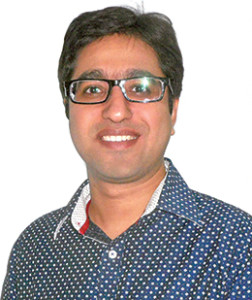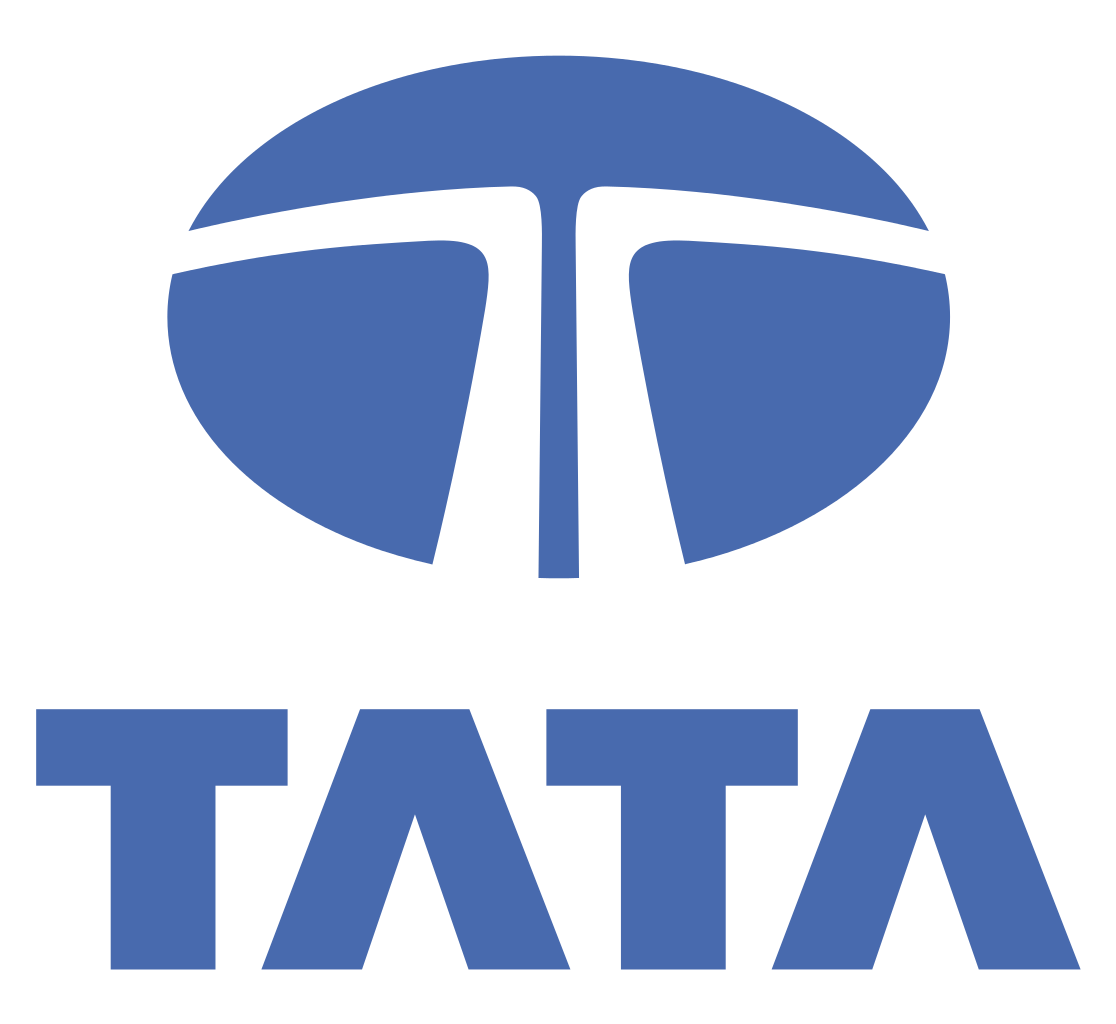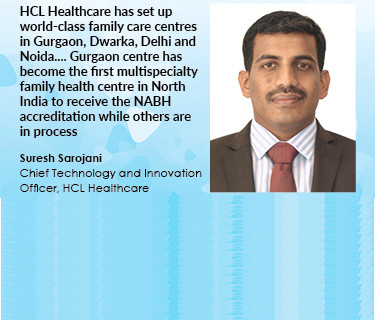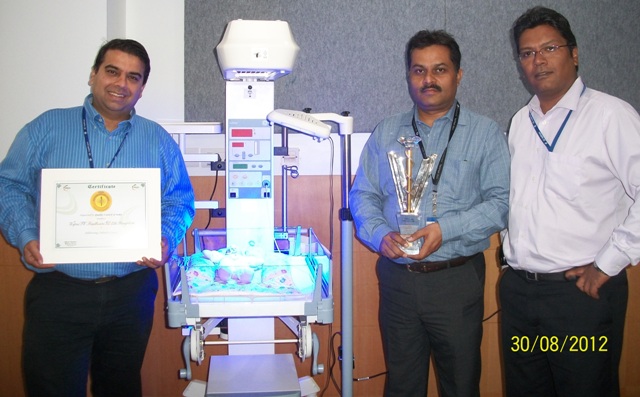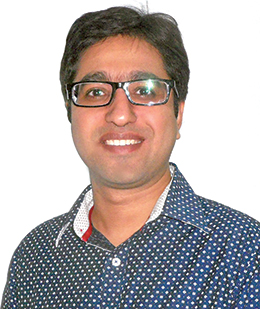
Cloud computing in healthcare is promising as it enables to create a pool of centralised data. The technology will revolutionise the data accessibility informs Rahul Narang, Chief Technology Officer, Lybrate in conversation with Prathiba Raju of Elets News Network (ENN)
Could you give us an insight into the prospects of cloud computing in India and the services offered by Lybrate?

In the present scenario when small and medium enterprises (SMEs) are contributing significantly to Indias economic growth and start-ups are booming here, the future of cloud computing in the country is very promising. With cloud computing, SMEs and start-ups not having to physically set up and manage IT infrastructure, they can use third party resources and pay for only those technologies which they require to scale their businesses. The pay-asyou- scale model with cloud computing results in cost efficiency, and allows businesses to focus on their core work. Besides cost saving, cloud technologies build redundancy easily and helps to keep critical data secure.
How important is cloud technology in healthcare?
Cloud makes data accessible from anywhere and anytime. Providing doctors greater access to patients medical records and past health history, helping them make better decisions for their patients and treat them efficiently. The ease of accessibility to patient data that cloud services create is immensely beneficial for healthcare companies and medical professionals. Moving forward, cloud will enable data storage from different sources at one location, creating a pool of centralised data revolutionising data accessibility. Besides, prediction of diseases would become far more realistic with the analysis of the aggregated information.

Why are many healthcare ventures, particularly startups and business are shifting to cloud, mobile technologies rapidly?
With cloud technology, start-ups do not need to build their own IT infrastructure and burn energy on maintaining it. They can rely on cloud services being offered by third party resources and focus on their core job. The model is scalable and cost efficient for companies.
What should be done to radically change the healthcare service delivery with ICT intervention? Is your company doing something in this regard?
As discussed already, the core problem in India healthcare is inaccessibility of doctors on account of shortage of healthcare experts in the country. This is the fundamental problem that Lybrate is solving with the use of technology. Our healthcare communication and delivery platform is the first-of-its-kind in India that allows users to communicate with doctors from anywhere, anytime. By letting this happen, we have bridged the gap between patients and doctors and made healthcare accessible. Perhaps, this was not possible without the use of technology.
What are your growth plans at healthcare organisation by way of IT?
We are democratising Indian healthcare by letting people communicate with doctors from anywhere, anytime. This has eliminated boundaries for doctors who could now reach out to people beyond their geographical location of practice. Besides, our unique health feed consisting of health tips from doctors aims at encouraging preventive mindsets among the people and help them live healthy and fit. Lybrate has taken upon itself the gigantic task to make healthcare accessible to the billion plus population of India and we are making the maximum use of technology to let this happen.
Be a part of Elets Collaborative Initiatives. Join Us for Upcoming Events and explore business opportunities. Like us on Facebook , connect with us on LinkedIn and follow us on Twitter , Instagram.


